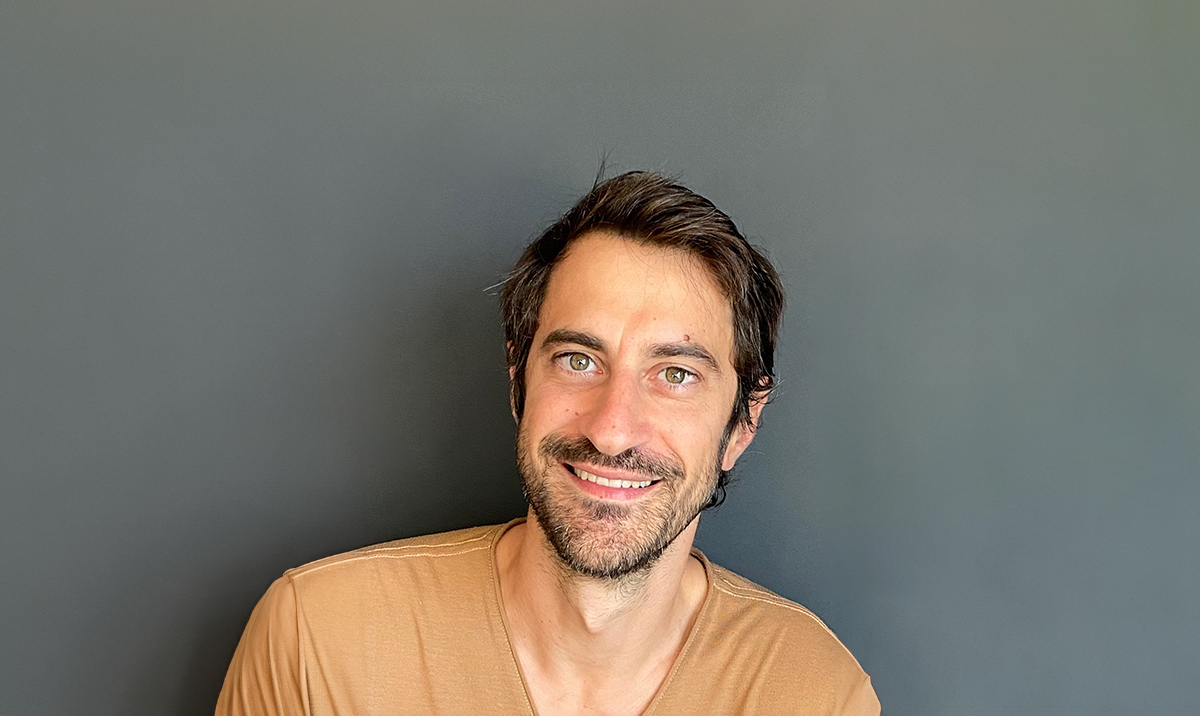
Are you reaping the rewards of radical collaboration?
Workplace silos are a huge productivity inhibitor. Casper Herzberg, CEO of industrial software company AVEVA, tells Michael Wade how radical collaboration can create value....

by Adrian Dellecker Published March 25, 2025 in Brain Circuits • 3 min read
Companies making commercial use of Digital Sequence Information (DSI) on genetic resources are to contribute a portion of their revenue (0.1%) or profits (1%) to biodiversity conservation. These numbers set a precedent and template for private-sector contributions to nature conservation.
For now, specific industries highly dependent on DSI are expected to contribute, including pharmaceuticals, cosmetics, agricultural biotechnology, and AI services related to genetic resources, but the scope could increase with time.
The fund will be managed by a multi-partner office, with several UN agencies and governments as partners, as well as indigenous peoples and local communities, who will receive at least 50% of the funds. Companies participating can outsource the distribution of benefits to these actors.
The Fund directly supports the implementation of the Kunming-Montreal Global Biodiversity Framework (KMGBF) agreed by countries in December 2022. Contributions to the Cali Fund will go towards meeting these global targets.
The Fund is expected to raise roughly $1bn per year, helping corporate strategies to become nature positive.
Companies in the sectors most exposed to nature loss are expected to contribute to the Fund, thereby helping to reduce their exposure to the risks associated with natural resource depletion.
The Cali Fund is a new type of funding mechanism intended to act as a template for private-sector contributions to nature conservation and could ultimately include more companies. By aligning with the KMGBF goals, companies can not only contribute to global biodiversity conservation but also unlock new market opportunities, enhance their reputation, and ensure long-term sustainability.

Senior Researcher and Writer at IMD
Adrian Dellecker is a political scientist, environmental advocacy expert and innovator. He previously worked as Head of Strategy and Development at the Luc Hoffmann Institute, and has driven and managed a large number of innovative projects and ventures for environmental conservation. He is passionate about helping conservation generate new revenue streams and new audiences to help reverse current trends, and build a future for his and all the world’s children to thrive on a healthy planet. Before joining the Luc Hoffmann Institute, Dellecker was Head of Policy and Advocacy in WWF International’s Global and Regional Policy Unit from 2008 to 2016.

February 26, 2026 • by Michael R. Wade in Brain Circuits
Workplace silos are a huge productivity inhibitor. Casper Herzberg, CEO of industrial software company AVEVA, tells Michael Wade how radical collaboration can create value....

February 25, 2026 • by Sara Ratti in Brain Circuits
For most companies, climate action has limited influence on executive decision-making. Here’s how boards can design compensation structures that motivate leaders to meet corporate climate ambitions. ...

February 24, 2026 • by Francesca-Giulia Mereu in Brain Circuits
Our previous brain circuit on this subject explored what your inner child can do for you, such as take risks or look at a situation differently. Here are five ways to reconnect...

February 23, 2026 • by Julia Binder in Brain Circuits
Myths abound when it comes to corporate sustainability. Can you tell fact from fiction? Test your knowledge on the common misconceptions here....
Explore first person business intelligence from top minds curated for a global executive audience